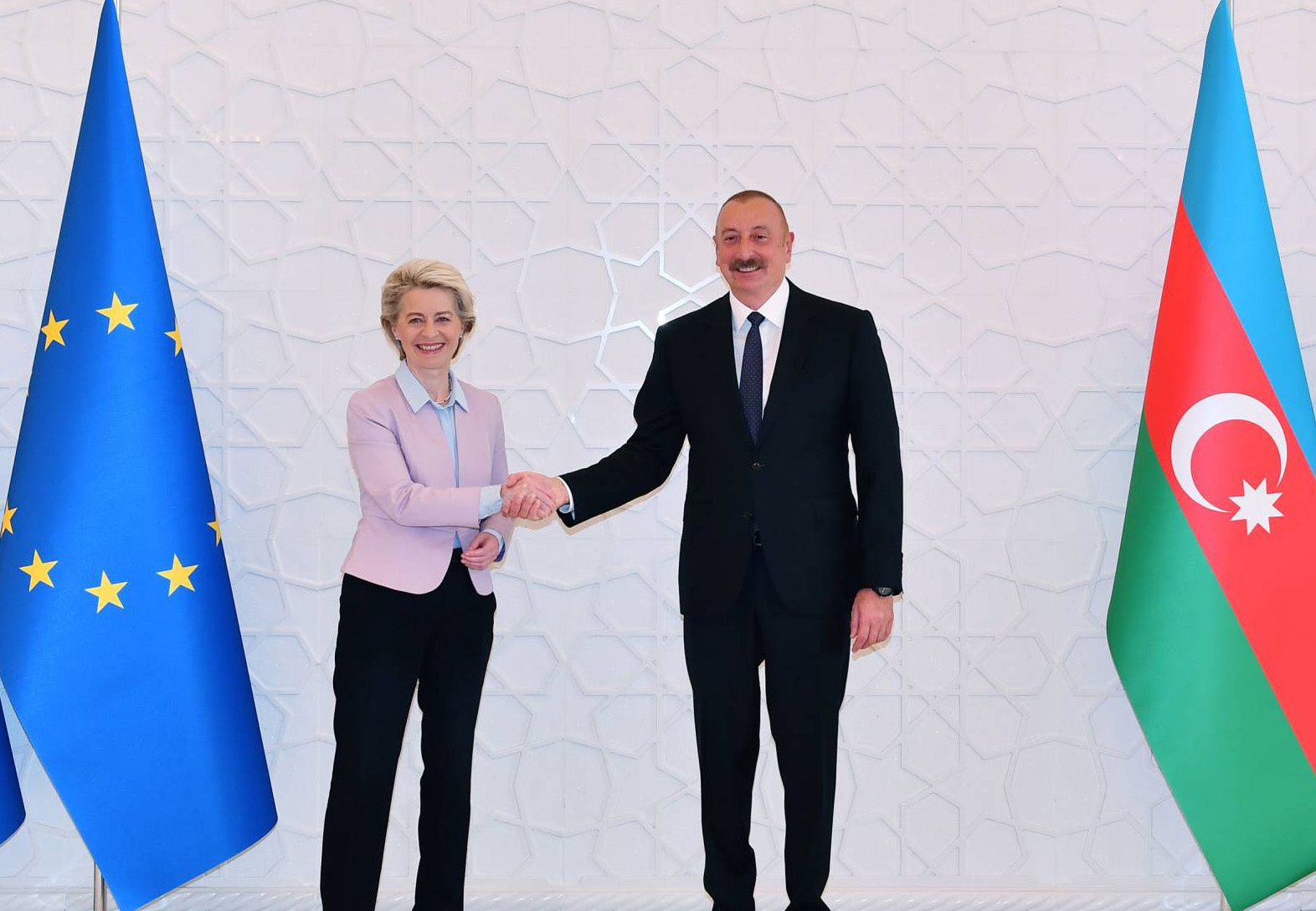From energy to diplomacy, Azerbaijan is proving to be indispensable in Europe’s strategic agenda.
President Ilham Aliyev’s participation in the 6th summit of the European Political Community (EPC) in Tirana marked a pivotal moment in the evolving relationship between Azerbaijan and Europe. Historically situated at the crossroads of East and West, Azerbaijan has repositioned itself—not merely as a regional player, but as a strategic partner in Europe’s expanding geopolitical and energy landscape.
Azerbaijan’s second invitation as a high-level guest to the EPC summit underscores this transformation. Despite efforts by some Western actors to marginalize Baku through politicized campaigns and biased narratives, the Tirana summit sent a clear message: Azerbaijan’s voice is now heard—and influential. This shift is the result of a carefully crafted foreign policy built on multivector engagement, strategic resource management, and a pragmatic approach to regional security.
President Aliyev’s series of bilateral meetings with EU officials and heads of government from countries such as the UK, Hungary, Slovakia, Albania, and the Czech Republic were more than displays of diplomatic finesse—they reflected broad European recognition that Azerbaijan is no longer a peripheral neighbor, but a vital partner in issues ranging from energy diversification to conflict resolution.
Azerbaijan’s energy diplomacy lies at the heart of this shift. As a significant contributor to regional energy security, Azerbaijan continues to expand its energy cooperation with partner states. In 2024, Azerbaijani gas exports to Europe rose by 8.6%, reaching 12.9 billion cubic meters, while the country’s total annual gas production hit 50.3 billion cubic meters—an increase of 2 billion cubic meters from 2023.
Yet the importance of the Tirana summit transcends energy. The EPC was created to foster continental unity and strategic dialogue, especially in light of the fractures exacerbated by the war in Ukraine. Within this context, Azerbaijan’s role as a stabilizing force in the region has grown more significant. President Aliyev presented a coherent vision on humanitarian and security issues, alongside preparations for hosting COP29—positioning Baku not only as a partner in regional stability but also as a contributor to Europe’s broader development.
The summit also carried symbolic weight, signaling a shift in perceptions about deteriorating EU-Azerbaijan relations—an impression fueled by past EU leadership and biased European Parliament resolutions. Today, however, the attention from current leaders like Ursula von der Leyen, António Costa, and Kaja Kallas suggests a genuine “reset” is underway. The marginalization once fueled by Armenian lobbying efforts is giving way to a more balanced and realistic European approach toward Azerbaijan.
As relations between Azerbaijan and the United States improved following Donald Trump’s return to office—highlighted by his praise for Azerbaijan’s regional role and support for peace with Armenia—the EU also seems to be reevaluating its stance. Trump’s remarks reflect a broader Western acknowledgment that sustainable solutions in the South Caucasus require direct engagement with Baku.
Still, this renewed interest must translate into coherent policy. Azerbaijan has repeatedly rejected the application of double standards in international relations—particularly by institutions claiming impartiality while turning a blind eye to Armenian violations of international law and noncompliance with agreements like the Almaty Declaration. For Europe to genuinely normalize ties, it must reject selectivity and endorse mechanisms that guarantee equal respect for sovereignty and territorial integrity.
In conclusion, the Tirana summit may well be recorded as a geopolitical turning point—not only in Azerbaijan’s role within Europe, but also in how the continent approaches the South Caucasus. As the region’s most powerful state and a key connector between the Caspian Sea and Europe, Azerbaijan has made its position clear: peace, stability, and cooperation are possible—but only through mutual respect and pragmatic diplomacy.
The 6th EPC summit was more than a diplomatic gathering—it was a public recognition of Azerbaijan’s growing weight. Despite past attempts at marginalization, Baku has demonstrated that it is a regional force that cannot be ignored, backed by strategic strengths in energy, geography, and seasoned political leadership.


